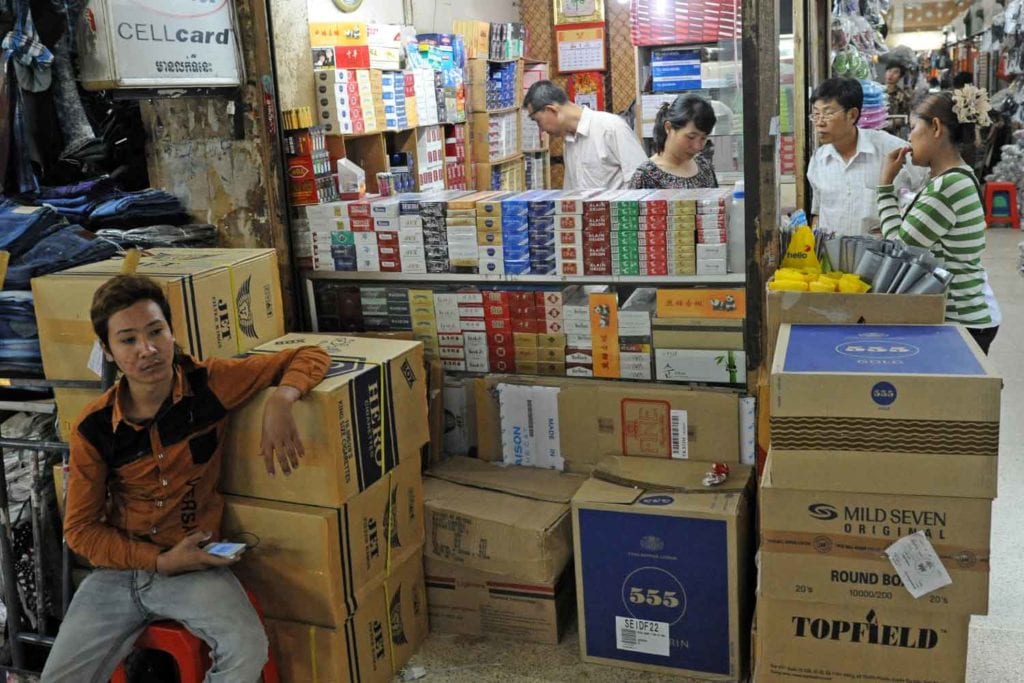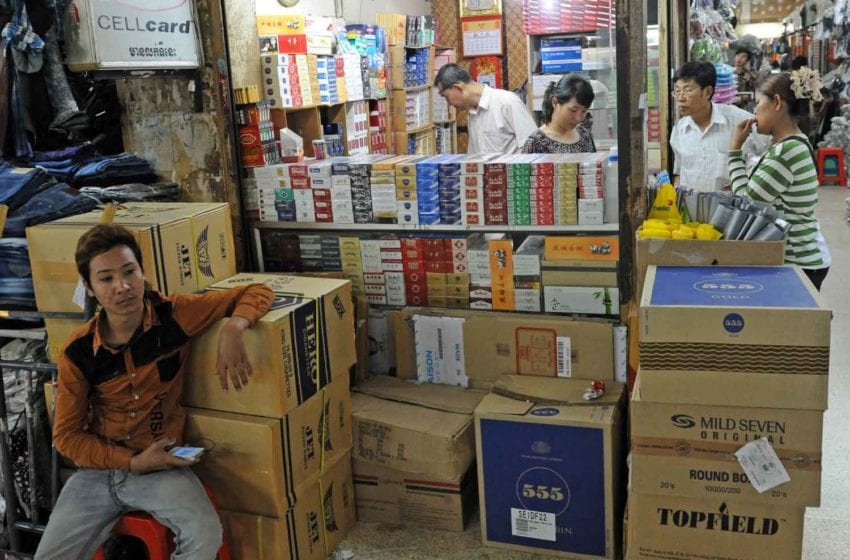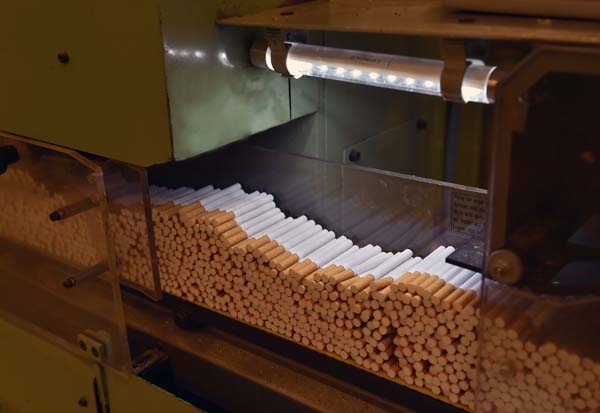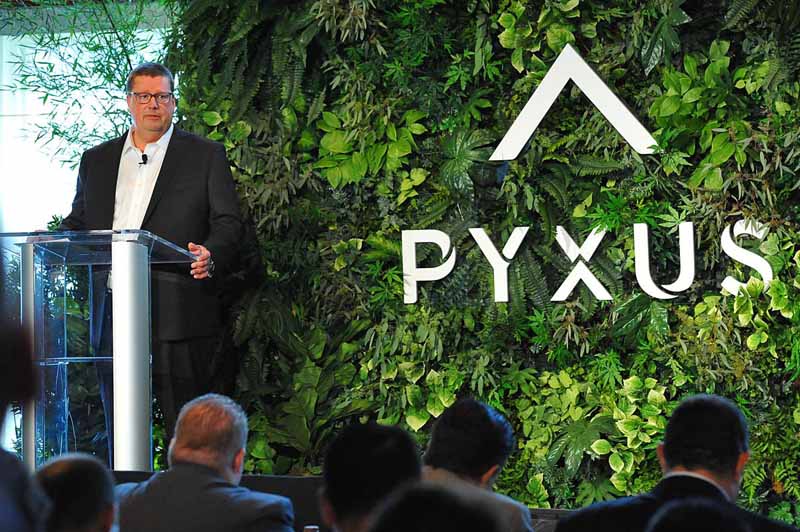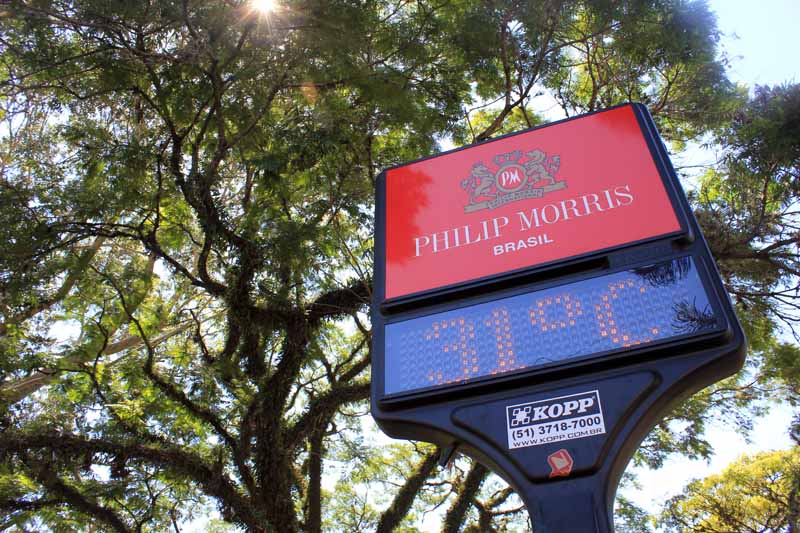The U.S. Food and Drug Administration (FDA) has issued warning letters notifying 10 companies, including Cool Clouds Distribution (doing business as Puff Bar), to remove their flavored disposable e-cigarettes and youth-appealing e-liquid products from the market because they do not have the required premarket authorization.
These new actions are part of the FDA’s ongoing, aggressive effort to act against illegally marketed tobacco products amid the public health crisis of youth e-cigarette use in America. The agency is particularly concerned about the appeal of flavored, disposable e-cigarettes to youth and continues to monitor all available data.
“The FDA continues to prioritize enforcement against e-cigarette products, specifically those most appealing and accessible to youth,” said FDA Commissioner Stephen M. Hahn. “We are concerned about the popularity of these products among youth and want to make clear to all tobacco product manufacturers and retailers that, even during the ongoing pandemic, the FDA is keeping a close watch on the marketplace and will hold companies accountable.”
“Despite suspending in-person inspection activities—such as retail compliance checks and vape shop inspections—due to the COVID-19 pandemic, our enforcement against unauthorized e-cigarette products has endured,” said Mitch Zeller, director of the FDA’s Center for Tobacco Products. “These warning letters are the result of ongoing internet monitoring for violations of tobacco laws and regulations.”
Three firms are receiving warning letters for illegally marketing disposable e-cigarettes—Puff Bar, HQD Tech USA and Myle Vape. The FDA’s review of the companies’ websites revealed that each firm is selling or distributing unauthorized tobacco products that were first introduced or modified after Aug. 8, 2016—the effective date of the deeming rule that extended the FDA’s authority to all tobacco products.
Any new tobacco product not in compliance with the premarket requirements of the Federal Food, Drug and Cosmetic (FD&C) Act is adulterated and misbranded and may not be marketed without FDA authorization. Puff Bar and HQD Tech USA were also cited for an additional violation for marketing their products as modified risk tobacco products without an FDA order in effect that permits such marketing.
Additionally, FDA issued seven other warning letters to the following firms: Eleaf USA, Vape Deal, Majestic Vapor, E Cigarette Empire, Ohm City Vapes, Breazy and Hina Singh Enterprises (doing business as Just Eliquids Distro), who sell or distribute unauthorized electronic nicotine delivery system (ENDS) products targeted to youth or likely to promote use by youth.
These firms were cited for marketing unauthorized e-liquids that imitate packaging for food products that often are marketed and appeal to youth, such as Cinnamon Toast Crunch cereal, Twinkies, Cherry Coke and popcorn, or feature cartoon characters.
The FDA has requested responses from each firm within 15 working days detailing how each company intends to address the agency’s concerns, including the dates on which each firm discontinued the sale and/or distribution of these tobacco products, and its plans for maintaining compliance. Failure to correct violations may result in further action such as a civil money penalty complaint, seizure or injunction. In addition, misbranded or adulterated products imported into the U.S. are subject to detention and refusal of admission.
The FDA’s actions during the COVID-19 pandemic also include a recent warning letter to e-liquid manufacturer StemStix for violations of the FD&C Act, including marketing new tobacco products without authorization, marketing tobacco products with false and misleading advertising and marketing unauthorized modified risk tobacco products.
Additionally, last month the agency issued letters to seven tobacco product manufacturers requesting information to help the FDA examine whether certain tobacco products were first marketed after the deeming rule’s effective date and therefore not subject to FDA’s policy on deferred enforcement of the premarket requirements for certain deemed products. Over the past four months, the agency has also refused admission into the U.S. of at least 74 entries of disposable ENDS products for violations of the Act.
